Ⓒ 2023 Kyligence, Inc. All rights reserved.

Introduction
In today's competitive business landscape, tracking sales effectiveness is crucial. Sales enablement metrics provide valuable insights for improving sales productivity and content engagement.
These metrics help businesses measure the success of their sales strategies and identify areas for improvement. By analyzing sales enablement metrics, organizations can optimize their sales processes, enhance efficiency, and drive better results.
This blog explores the importance of sales enablement metrics and identifies the key metrics to track for measuring sales effectiveness, content engagement, and overall sales performance.
Importance of Sales Enablement Metrics
Sales enablement metrics play a vital role in enhancing sales effectiveness and improving content engagement.
These metrics provide valuable insights into the effectiveness of sales strategies and tactics, and allow businesses to identify areas for improvement and optimize their sales processes. By tracking these metrics, organizations can align their sales and marketing efforts- resulting in better ROI.
Enhancing Sales Effectiveness
Sales enablement metrics help measure the success of various sales initiatives and strategies. By analyzing these metrics, businesses can gain insights into the effectiveness of their sales approaches, identify what works best, and make data-driven decisions to improve overall sales performance.
These metrics also highlight areas where adjustments are needed- enabling organizations to optimize their sales processes and increase efficiency.
Improving Content Engagement
In today's digital age, content plays a crucial role in engaging customers and driving conversions. Sales enablement metrics help evaluate the impact of content on customer engagement by measuring customer interaction with content.
By analyzing these metrics, businesses can identify high-performing content that resonates well with their target audience. This insight allows them to create more targeted materials that cater to specific customer needs and preferences.
Optimizing content engagement leads to better customer experiences, increased conversion rates, and ultimately drives business growth.
6 Key Sales Enablement Metrics to Track
To effectively measure and improve sales enablement, it is crucial to track key metrics that provide insights into various aspects of the sales process. Here are six key sales enablement metrics that every organization should track.
Time to Productivity
Time to productivity measures how long it takes for new sales reps to become fully productive in their roles. This metric helps assess the effectiveness of onboarding and training programs, and allows businesses to identify areas where improvements can be made.
By reducing the time to productivity, organizations can accelerate revenue generation and increase overall sales efficiency.
Content Usage and Effectiveness
Content plays a vital role in engaging customers and driving conversions. Tracking content usage and effectiveness metrics provides insights into which materials are being used most frequently by sales reps and how effective they are in influencing customer behavior.
By analyzing these metrics, businesses can optimize their content strategy, create more impactful materials, and ensure that sales reps have access to the right resources at each stage of the buyer's journey.
Sales Cycle Length
The length of the sales cycle is an important metric for measuring sales efficiency. It represents the time it takes for a lead to move through the entire sales process, from initial contact to closing the deal.
By tracking this metric, organizations can identify bottlenecks or areas where prospects tend to get stuck in the pipeline. Shortening the sales cycle improves conversion rates, increases revenue, and allows businesses to capitalize on opportunities more quickly.
Win Rate
Win rate measures the percentage of deals won compared to those lost or abandoned. This metric provides valuable insights into the effectiveness of your sales strategies and tactics.
A high win rate indicates that your team is successfully closing deals, while a low win rate may indicate areas for improvement in your approach or targeting. By tracking win rates over time, businesses can identify patterns and make data-driven decisions to improve overall performance.
Rep Engagement with Content
Understanding how sales reps engage with content is essential for optimizing their effectiveness. By tracking metrics such as the number of times content is accessed, shared, or used in customer interactions, businesses can gain insights into which materials are most valuable to their sales team.
This information helps identify gaps in training or areas where additional support may be needed to improve rep engagement and drive better results.
Revenue Generated Per Sales Rep
Measuring the revenue generated per sales rep provides insights into individual performance and overall sales team productivity. This metric helps identify top performers, assess the effectiveness of compensation plans, and allocate resources more effectively.
By understanding the revenue contribution of each sales rep, organizations can make informed decisions about hiring, training, and incentivizing their teams.
How to Measure These Metrics Effectively?
To measure these metrics effectively, businesses should leverage technology solutions that provide comprehensive analytics and reporting capabilities.
Sales enablement platforms or customer relationship management (CRM) systems can track and analyze these metrics in real-time, amd provide actionable insights for decision-making.
It is important to define clear measurement criteria and establish a consistent process for data collection. Regularly reviewing and analyzing these metrics allows organizations to make data-driven decisions that optimize sales performance and drive better results.
Conclusion
Tracking sales enablement metrics is essential for optimizing sales performance and content engagement. By leveraging these metrics, businesses can make data-driven decisions that drive better results.
Measuring the effectiveness of sales strategies, content engagement, and overall sales performance allows organizations to identify areas for improvement and optimize their processes.
Consider using Kyligence, a powerful analytics platform, to measure and analyze sales enablement metrics and key performance indicators (KPIs). With Kyligence, businesses can gain deeper insights into their sales effectiveness, content performance, and ROI.
By harnessing the power of advanced analytics, organizations can enhance their decision-making process and achieve greater financial returns and profitability.
Try Kyligence free today!
